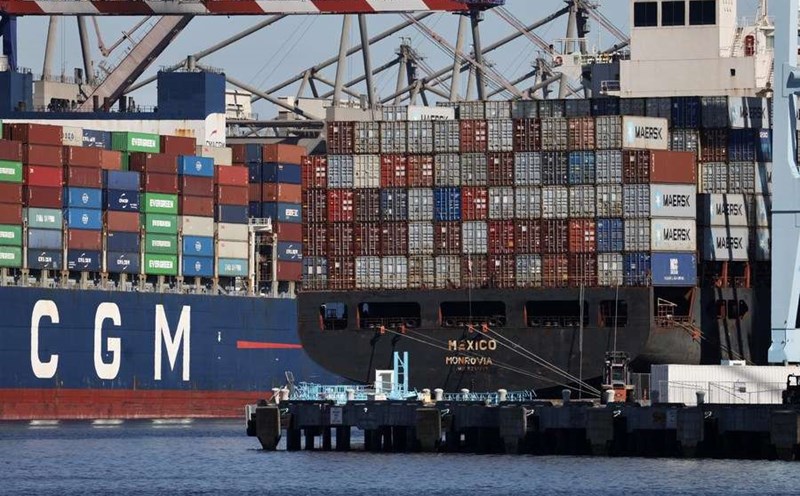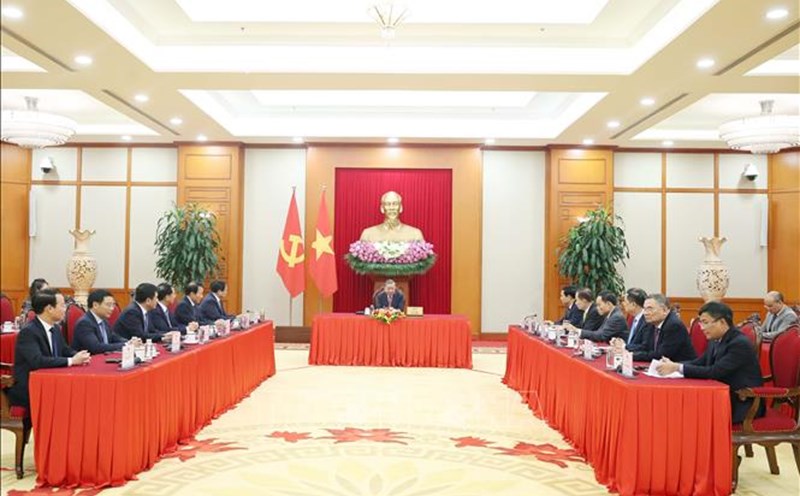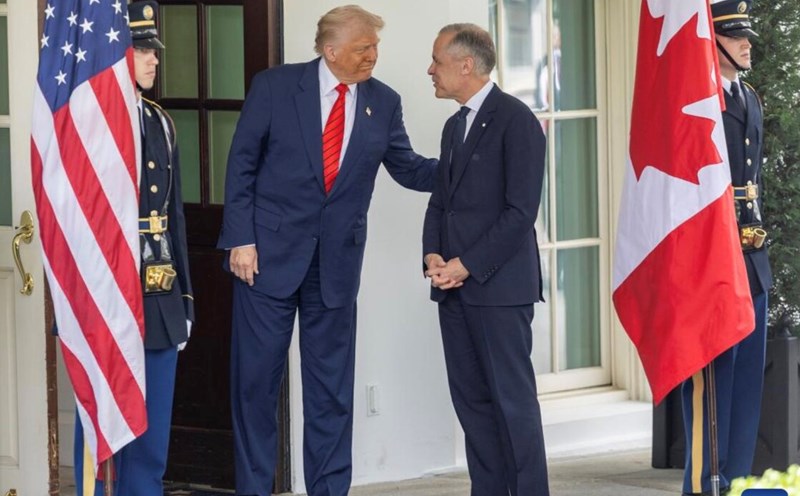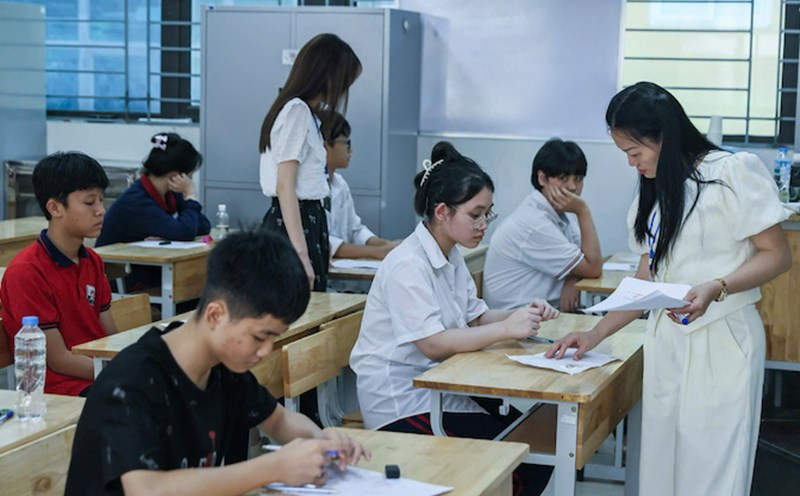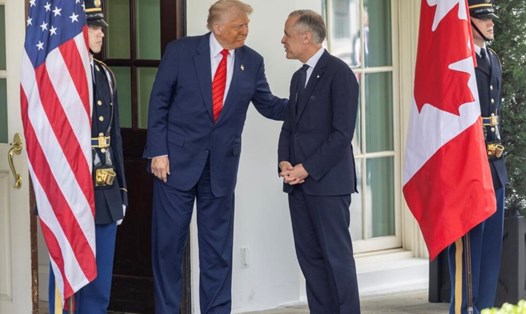US President Donald Trump revealed that about 10 or 12 letters were sent on July 4 and additional letters will be sent in the next few days.
Mr. Trump said that the letter would be sent by July 9. July 9 is the deadline set by the US leader for countries to reach an agreement with the US to avoid having to pay higher import tariffs. The tax rate will range from about 10% or 20% to 60 or 70%, Mr. Donald Trump revealed.
Talks between the US and other economies, from Indonesia, South Korea to the European Union and Switzerland, are entering a key stage.
The highest tax rate in this new tax framework, if officially applied, will surpass the rates Trump announced at the Liberation Day event in early April, when he introduced a basic tax rate of 10% to a maximum of 50%. However, Mr. Trump did not specify which countries would be subject to which tariffs and whether certain items would be taxed higher.
President Donald Trump affirmed that countries will start paying taxes from August 1. That money will start flowing into the US from August 1".
Trump had previously announced a higher countervailing tariff on April 2, but deferred it for 90 days so that countries could have time to negotiate and temporarily impose a 10% tariff during the negotiation period.
So far, the Trump administration has reached an agreement with the UK and Vietnam. At the same time, the US also agreed to a trade ceasefire with China, both reducing counterpart tariffs and loosening export control.
According to the head of the Indonesian negotiating delegation, on July 4, Indonesia believes that it will soon reach a trade agreement with the US, including strategic mineral, energy, defense cooperation and market access, before the deadline for taxation.
On the same day, the Cambodian government announced that it had agreed with the US on a framework for a counterpart trade deal and will soon announce it. With a tax rate of up to 49%, Cambodia is among the group warned by the US to have the highest tax rate.
Meanwhile, many other major trading partners such as Japan, South Korea and the EU are still in the process of completing the agreements.
South Korea's top trade official will travel to the US this weekend with new proposals, in a final effort to avoid being taxed more.
President Trump expressed optimism when mentioning the possibility of reaching a trade deal with India, but was harsh when talking about Japan. This week, he stepped up criticism, saying that Japan should be forced to pay 30%, 35% or whatever figure we determine.
Earlier this week, Trump also said he would not consider delaying the deadline for tariffs next week. When asked whether to extend the negotiation period, US Treasury Secretary Scott Bessent said that President Trump would be the one to make the final decision.

